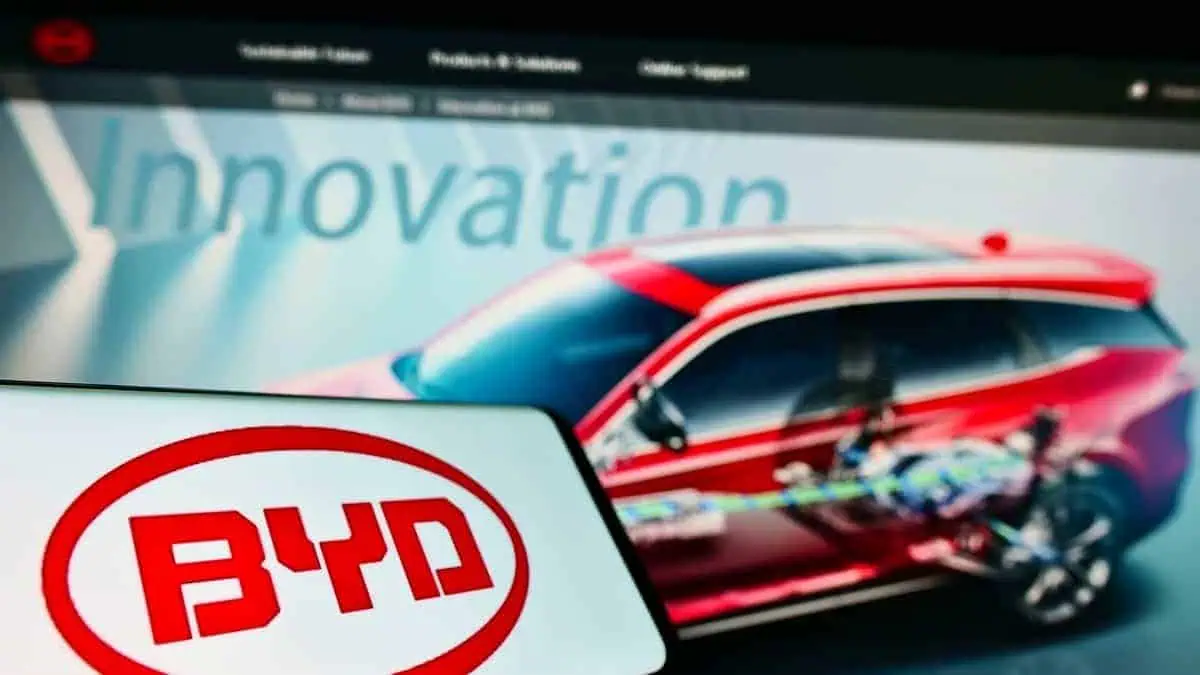India aims for carbon neutrality by the year 2070. They wanted to put more electric cars on the road to achieve this.
A brainstorming session was held last April 20, organized by the Department of Science and Technology (DST) in India, discussing electric vehicles’ research and development needs and deliberating on a road map for electric vehicle technologies. It was attended by 200 stakeholders from ministries, R&D labs, academia, and the industry.
Dr. Akhilesh Gupta, Senior Advisor of the Department of Science and Technology, said that “For India to achieve carbon neutrality by 2070, it would need de-carbonization of the economy in a big way in several sectors. Transportation is one of them where the transition to electric vehicles and green hydrogen will be of critical and important,”
Prof. Karthick Athmanathan, a professor of IIT Madras, presented the roadmap for the technology development of Electric Vehicles in the country. An expert also analyzed various subsystems involved in EV batteries, including their assembly and manufacturing processes to guarantee the safety of the batteries.
“A comprehensive technology program is needed that includes developing appropriate battery systems like a solid-state battery that can withstand the high ambient temperature in tropical regions. Besides, given the large scope of activities required to be conducted, and the need for suitable flexibility in program management, there is a need to organize research programs as special purpose vehicles that can coordinate with several industries and academic institutions,” said Dr. K Balasubramanian of Non-Ferrous Materials Technology Development Centre (NFTDC).
It is noted that DST has made significant contributions to the Government of India’s promotion of Electric Vehicles. They have helped developing the complete set of Indian Standards required for EV Charging Infrastructure and recently contributed to the draft standards for Battery as a Service (also known as Battery Swapping) for Light EVs in the country.





